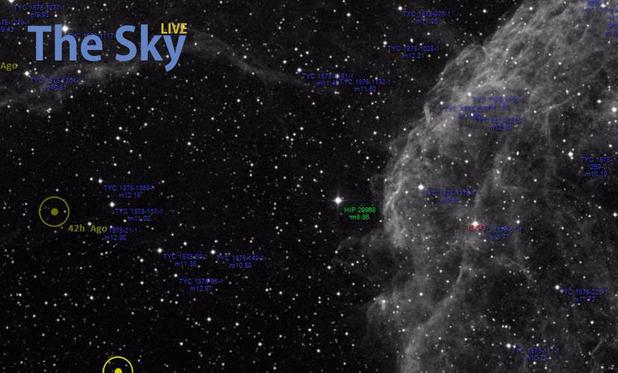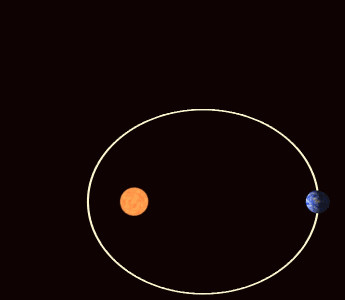https://theskylive.com/how-far-is-sun
Yes, #ActuallyAutistic and in love with Sol and all her retinue.
@c0dec0dec0de @0xabad1dea I’m sure this guy could help us out:
@somebody @c0dec0dec0de @0xabad1dea I just learned that with the combination of millisecond pulsars and gravity wave background signals, researchers have been able to refine the location of the solar system barycenter to a point just outside the surface of the Sun (with a precision of about 100 meters). Thanks, Jupiter!
@tedmielczarek @c0dec0dec0de @0xabad1dea When I ran various flavors of Unix back in the mid-1980s to 1990s, once the NTP protocol was established, every computer running Unix was sync’ed similiarly. As they are Unix-based operating systems, it holds for anyone with an Internet-connected iOS or MacOS device. Every Linux device should be as well. Oh, and every mobile phone is synchronized as well.
So what does that leave? A bunch of PCs running Windows.
In other words, it does hold for computers in general, with the rather large exception being the mess of things running Microsoft’s operating systems. Not that those don’t also support NTP, but they are rarely configured correctly, and the cheap clock chips used in commodity PCs drift notoriously.
@c0dec0dec0de @bhawthorne @0xabad1dea Naah, only Mercury does that orbital ellipsis rotaty thingy due to general relativity. Right? [one wiki rabbit hole later…] Woah, Earth’s perigee…eh…sol rotates over 112,000 years! That’s nothing in astronomical/geological scales!
(Mercury’s apsidal precession is *different* due to relativity, not present at all as I thought.)
@c0dec0dec0de @0xabad1dea The page for the moon is interesting, because you can see the distance changing in real time. I'd imagine the sun's page updates in the same way, but the distance is just slower to change.
@0xabad1dea I once had someone run up to me on the street and ask if datacenters ever need to ADD humidity.
(Okay, it was actually a friend who I was visiting with some other friends, and he was writing a book.)
((Answer: Yes, datacenters usually target about 20% RH, and deserts can certainly be below that. I'm not sure raising it is actually for static management, and suspect it's mostly for human comfort.))
@foo @0xabad1dea TIL.
I would have assumed they would want humidity as low as they could get it, and I would have been wrong.
@0xabad1dea it’s about 8 light minutes so about 144±9 gigametres 🤓
btw this reminds me of a website that i once saw from vsauce that has solar system to scale and you have to scroll really really long to go from one planet to another
secret test; a science-titillation measurement.
@gsuberland @0xabad1dea It’s ~8 light minutes, and light speed is ~300k km/s. That’s easy-ish to remember and good enough for me.
(Light speed is *exactly* 299,792,458 m/s, which is neat to memorize as a party trick (if you go to the right parties), but overkill for precision.)
@0xabad1dea
Holy cats, that’s my late uncle David.
Fond memories of his occasional visits (he lived 5hrs North, where mom’s family grew up). Sometimes mom would send him and me off to Har Mar Mall just to get him out of her hair for a few hours. She had little patience for his ramblings about “How many gallons of water ya s’pose ya could fit in that big ol’ mall?” and such.
I was in my 20s when my folks surmised he was probably autistic.
I probably am too, I s’pose.

